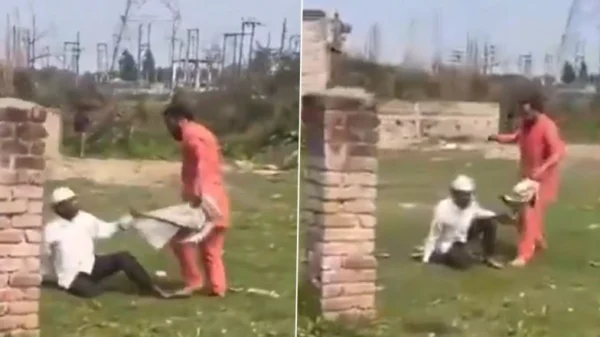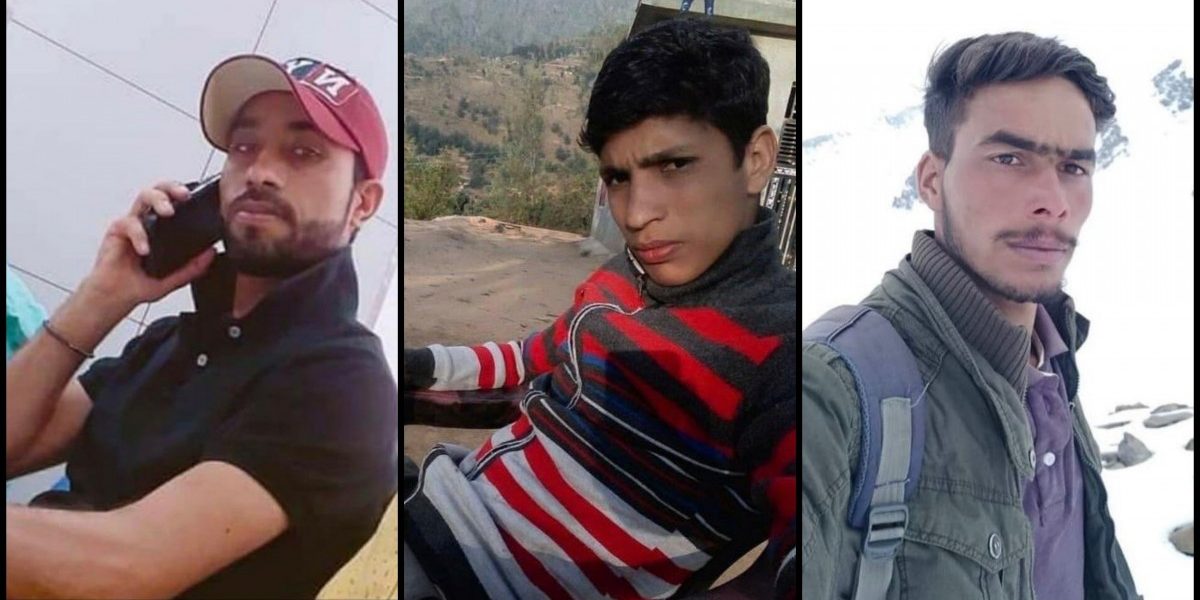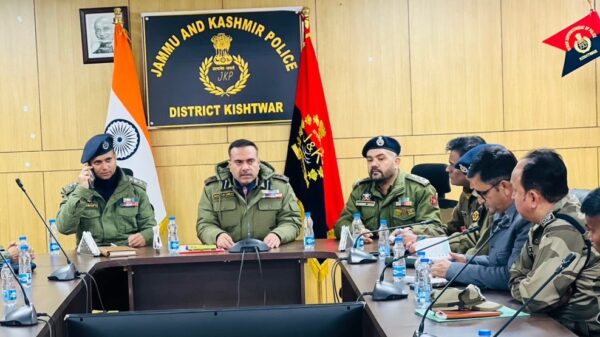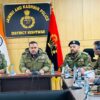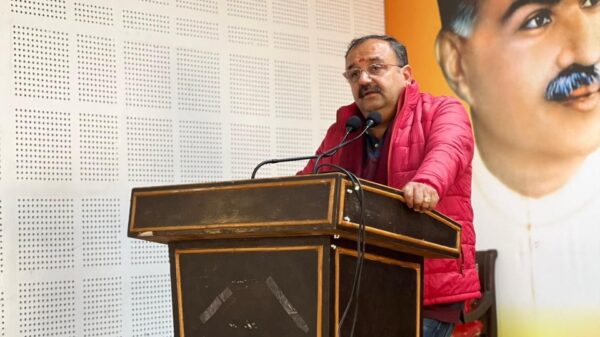The Armed Forces Tribunal has suspended the sentence of Captain Bhoopendra Singh, the officer convicted in the alleged fake encounter known as the Amshipora case. The encounter, which took place on July 18, 2020, in the Shopian area of Jammu and Kashmir, initially claimed the lives of three individuals identified as ‘terrorists’ but were later alleged to be labourers from Rajouri.
Represented by lawyer S S Pandey, Captain Bhoopendra Singh approached the Principal Bench of the Armed Forces Tribunal in New Delhi, citing “illegality in proceedings” and discrepancies in the disciplinary process.
The Principal Bench, led by Justice Rajendra Menon and administrative member Lt Gen CP Mohanty, granted the application for the suspension of the life imprisonment sentence, directing the release of the officer on bail.
While the court clarified that the conviction sentence is stayed, other penalties such as cashiering will continue during the appeal process. The plea for a stay of conviction was rejected, allowing the Army to proceed with the sentence awarded in the Summary General Court Martial.
“Prima facie, based on the material available on record, we are convinced that the applicant being acquitted after hearing of this appeal cannot be ruled out,” the tribunal noted.
Captain Singh’s lawyer, SS Pandey, expressed gratitude, stating, “I am very grateful to the Tribunal to impart justice to this young officer who was the victim and not the perpetrator, as was being made out.” Pandey argued that the Summary General Court Martial did not adhere to basic principles of the criminal justice system and rules of evidence.
The tribunal, after examining the evidence relied upon by the Army, found it unconvincing to hold Captain Singh guilty. The court suggested a likelihood of acquittal after hearing the appeal. Considering the applicant’s three-year custody, the court deemed it fitting to grant bail by suspending the sentence.
Analyzing the evidence, including the officer’s confessional statement, the court deemed the trial violative of Section 27 of the Indian Evidence Act. The court criticized the reliance on the statement of co-accused Bilal Ahmed Lone, who later turned approver, as a breach of the act.
Moreover, the court highlighted the excessive expenditure of arms and ammunition, discrediting the prosecution’s case. It questioned the commanding officer’s unawareness and expressed doubts about the absence of anyone from the combat action team during the operation.
“That apart, the exorbitant expenditure of arms and ammunition, as reflected in the official documents, discredits the case of the prosecution to a large extent,” the Bench said.
“The totality of evidence available on record clearly shows that there cannot be any motive for the applicant to eliminate three civilians and conduct such an operation without the knowledge of his commanding officer,” the Bench said.
“The SGCM failed to consider various statements of witnesses and placed reliance only on certain evidence which was inadmissible in law. We find that there is enough material on record which pin-point to the defects and perversity in the findings recorded by the SGCM, selective picking up of evidence for the purpose of holding the accused guilty and selectively discarding reliable evidence and accepting evidence which is not permissible in law,” the Bench said.
On July 18, 2020, in Jammu’s Rajouri district three laborers, Imtiyaz Ahmed (20), Abrar Ahmed (25), and Mohammed Ibrar (16), were shot dead in Shopian district. The troops under the officer’s command labelled them as “terrorists’.
The J&K Police established a Special Investigation Team. The team filed a chargesheet against three individuals, including Singh, accusing them of “staging” the encounter that led to the killing of three labourers in the Shopian district.
The Army, responding to the incident, conducted a Court of Inquiry (COI) revealing prima facie evidence that the involved troops had “exceeded” powers granted by the Armed Forces (Special Powers) Act (AFSPA). A summary of evidence was completed in December 2020. After court-martial proceedings, an Army court, in March of this year, convicted Singh on six charges, including murder, and recommended life imprisonment, pending confirmation by higher Army authorities.






